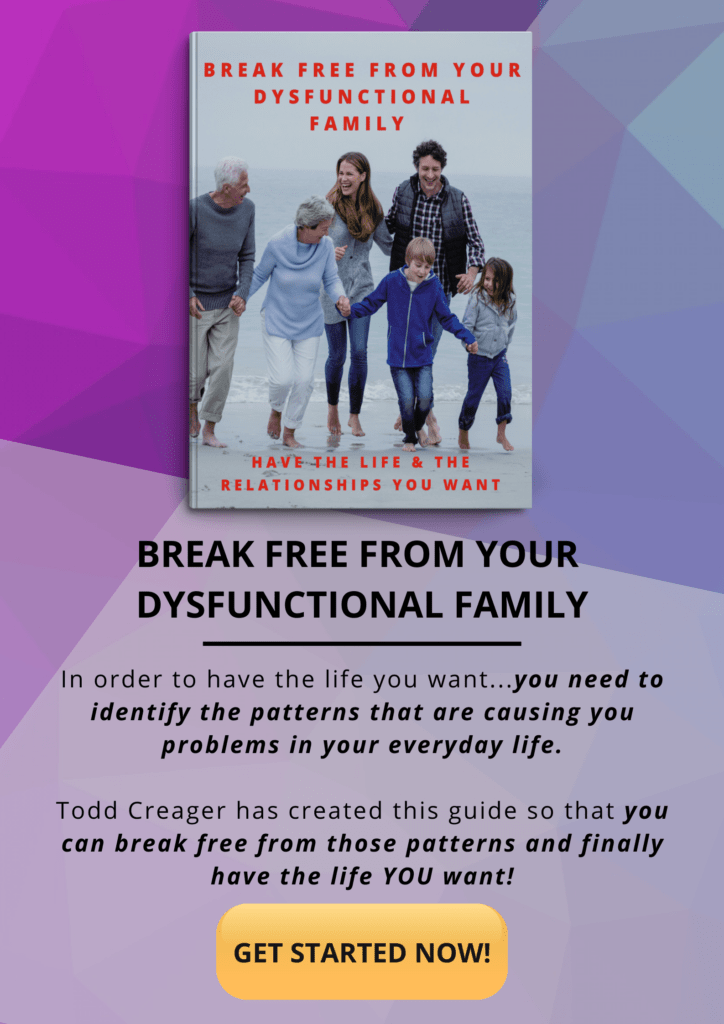How to Know When Someone Who Betrayed You Is Becoming Trustworthy: The Real Signs of Change
Discover the specific behaviors that show genuine transformation after infidelity—and why watching for these signs could save your relationship
Hi everybody, this is Todd Creager, and today I want to address one of the most important questions I get from couples healing from infidelity:
How do you know when someone who betrayed you is actually becoming trustworthy again?
This isn’t just an academic question—it’s the difference between staying stuck in painful limbo and moving forward with confidence in your relationship’s future.
After working with thousands of couples navigating infidelity recovery, I can tell you that recognizing when a betrayed person is becoming trustworthy requires looking beyond surface-level promises to understand what real change actually looks like.
When infidelity shatters your world, it doesn’t just break trust—it disrupts your entire sense of reality. You thought this person was honest and faithful, and then you discovered they betrayed you.
Your stability gets rocked—not just in your relationship, but in your life, in your perception of who your partner is, maybe even of who you are.
I hear this all the time in my practice: “I never thought my partner would be capable of doing that.”
So when someone who betrayed you says they’ve changed, how do you know if it’s real? You thought this person was safe before, and you found out they weren’t. The question becomes: How does this person demonstrate that they’ve truly grown and become a safe person to partner with again?
Understanding Why People Cheat in the First Place
Here’s what most people don’t understand about infidelity: it’s always a symptom of something deeper.
Just like when you go to a doctor with a physical issue and they do an X-ray to see what’s really happening underneath, we need to understand what drives betrayal in the first place.
The truth is, people who cheat haven’t learned how to regulate their emotions in a way that makes them safe to their partner. Infidelity is always about regulating one’s energy either down or up:
→ Regulating Down: Some people use infidelity to escape stress, responsibility, or overwhelming feelings
→ Regulating Up: Others use it to go from feeling bored or emotionally dead inside to feeling more alive and excited
When someone who betrayed you is becoming trustworthy, you’ll see them learning healthier ways to manage these energy states—and this is where the real transformation begins.
The Deeper Pattern: Avoidant Attachment and Emotional Distance
Many people who cheat have what we call an avoidant attachment style. Their heart isn’t fully open, and they’re not skilled at receiving love and care from their committed partner.
They’re like emotional soloists who don’t know how to let their partner make them feel good. Instead, they get that emotional and physical stimulation from strangers, old flames, or coworkers—people they’re not committed to.
This is crucial to understand because when someone who betrayed you is becoming trustworthy, this fundamental pattern shifts dramatically.
The Real Signs That Someone Who Betrayed You Is Becoming Trustworthy
1. They’re Learning to Be Emotionally Regulated by You
The key indicator that someone who betrayed you is becoming trustworthy is all about emotional and energy regulation.
You start seeing your partner being both uplifted and soothed by you more consistently.
This isn’t about doing it once in a while—you begin to see a pretty consistent shift where the person who betrayed you is:
→ More open in their communication
→ More connected to your emotional world
→ More of a receiver as well as a giver in the relationship
2. They’re Enjoying the Relationship More Deeply
I remember working with a man who had cheated on his wife multiple times over many years. As he genuinely began changing, I’ll never forget him saying, both to me privately and in front of his wife:
“My wife is amazing and I never fully allowed myself to enjoy her.”
When someone who betrayed you is becoming trustworthy, they start getting more out of the relationship because they’re being more open and emotionally available.
3. They Turn to You for Comfort and Connection
One of the most telling signs is when your partner starts using their relationship with you to regulate their nervous system—both to feel more alive when they’re down and to feel calmer when they’re stressed.
They share their pain with you and let you be there to help them feel better.
They start depending on you in healthy ways and allow you to support and care for them.
4. Their Urge to Cheat Naturally Diminishes
I’ve witnessed many people who betrayed learn to regulate differently, and they simply don’t have the urge to cheat anymore.
They might notice, “Oh, this person is attractive,” but they dismiss it quickly because their heart and commitment are genuinely with their partner.
It’s their partner—not external sources—that they now use to regulate their emotional world.
A Real Story of Becoming Trustworthy after Betrayal:
Let me share an example from my practice that perfectly illustrates what it looks like when someone who betrayed you is becoming trustworthy.
I worked with a couple where the husband had been having multiple affairs. Through our work together, he learned to genuinely enjoy his partner both in and out of the bedroom.
The transformation was evident not just in what he said, but in how he showed up. He started:
→ Asking his wife out on dates more frequently
→ Tuning into her emotional needs
→ Connecting with her on a deeper level
→ Using their relationship as his primary source of emotional regulation
His wife began noticing: “Wow, you are connecting more with me. You’re paying attention to me differently. You seem to actually enjoy me.”
The Challenge for Betrayed Partners
Here’s something important that people often miss: sometimes the person who was betrayed has difficulty letting go of their protective barriers, even when their partner is genuinely changing.
This is completely understandable given the trauma of betrayal. However, it’s important to recognize when real change is happening so you don’t miss the opportunity for healing.
The betrayed partner might resist acknowledging positive changes, even when they start noticing things like improved connection, increased attention, and genuine enjoyment from their partner.
What to Watch For: The Pivot Point
The crucial pivot point occurs when you see a consistent shift in your relationship dynamics. The person who betrayed you becomes:
→ More emotionally open: They share their inner world more readily
→ Better at receiving: They allow you to comfort, support, and care for them
→ More connected: They tune into your needs and respond appropriately
→ Consistently present: This isn’t occasional behavior—it becomes their new normal
This transformation indicates that they’re no longer seeking external validation or stimulation to regulate their emotions. Instead, they’re finding that regulation within your relationship.
Moving Beyond the Pain of “Partners in Pain”
When someone who betrayed you is becoming trustworthy, you’re moving beyond what I call the “partners in pain” dynamic. Instead of both people being stuck in hurt and reactivity, you start seeing:
→ Increased curiosity about each other’s experiences
→ More emotional safety in conversations
→ Hope for the future replacing despair about the past
Professional growth in how you both handle difficult emotions
The Bottom Line: Trust the Process, Recognize the Signs
Understanding when someone who betrayed you is becoming trustworthy isn’t about hoping and praying for change—it’s about recognizing specific, measurable shifts in how they connect with you and regulate their emotions.
This knowledge can be the difference between staying stuck in painful uncertainty and moving forward with confidence in your relationship’s healing journey.
Remember: infidelity recovery is possible and can lead to a deeper, more authentic relationship.
But it requires both partners to develop their emotional muscles to stay present for each other, deal with pain directly rather than bypassing it, and maintain curiosity and openness as you rebuild trust and intimacy.
The signs I’ve shared aren’t theoretical concepts—they’re practical, observable behaviors based on real couples I’ve worked with who continue to inspire me with their healing journeys.
Your Path Forward
If you’re navigating infidelity recovery, please know that healing is not only possible—it’s probable when you do the work. But it requires moving beyond the surface level of empty promises to recognize the deeper transformations that indicate genuine change.
Don’t spend another day wondering if your partner’s changes are real or just temporary performance.
The specific signs I’ve outlined will help you recognize when someone who betrayed you is becoming trustworthy and when your relationship has reached that crucial pivot point where real healing begins.
Professional help can be crucial in navigating these complex emotions and recognizing these important shifts.
Every situation is different, and the nuanced work of rebuilding trust deserves individual attention and care.
Remember: healing from betrayal is a journey, not a destination.
But when you know what real change looks like, you can move forward with greater confidence and hope for your relationship’s future.
Are you seeing these signs of genuine change in your relationship? What questions do you have about recognizing when someone who betrayed you is becoming trustworthy?
Remember, recovery is possible, and you both deserve a relationship built on authentic trust and deep emotional connection.






Reader Interactions